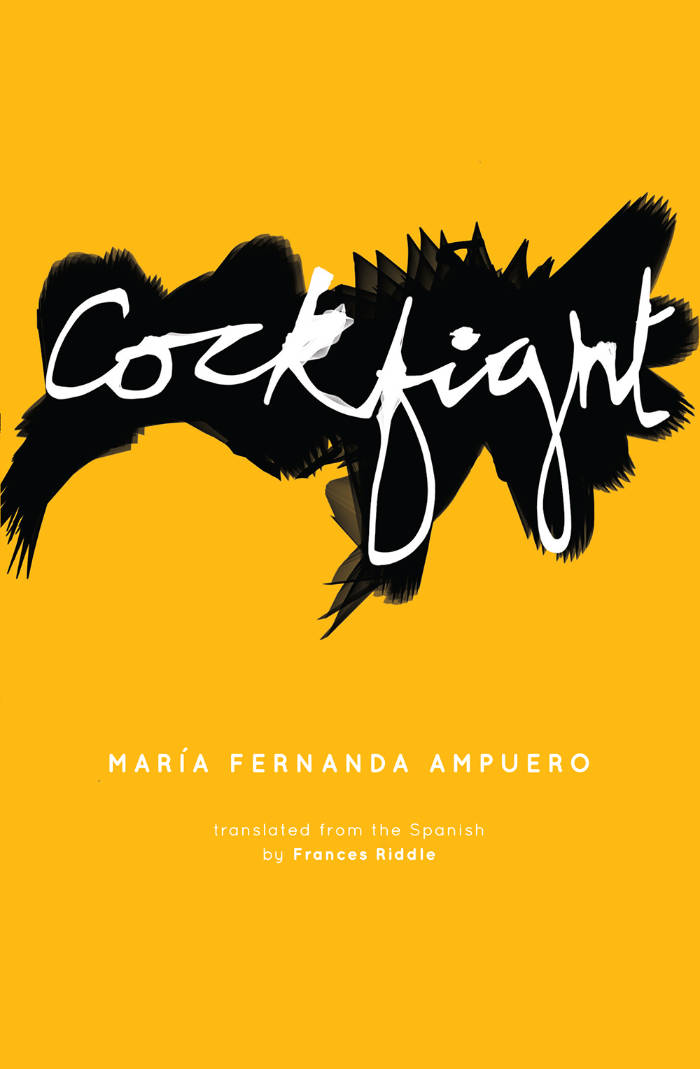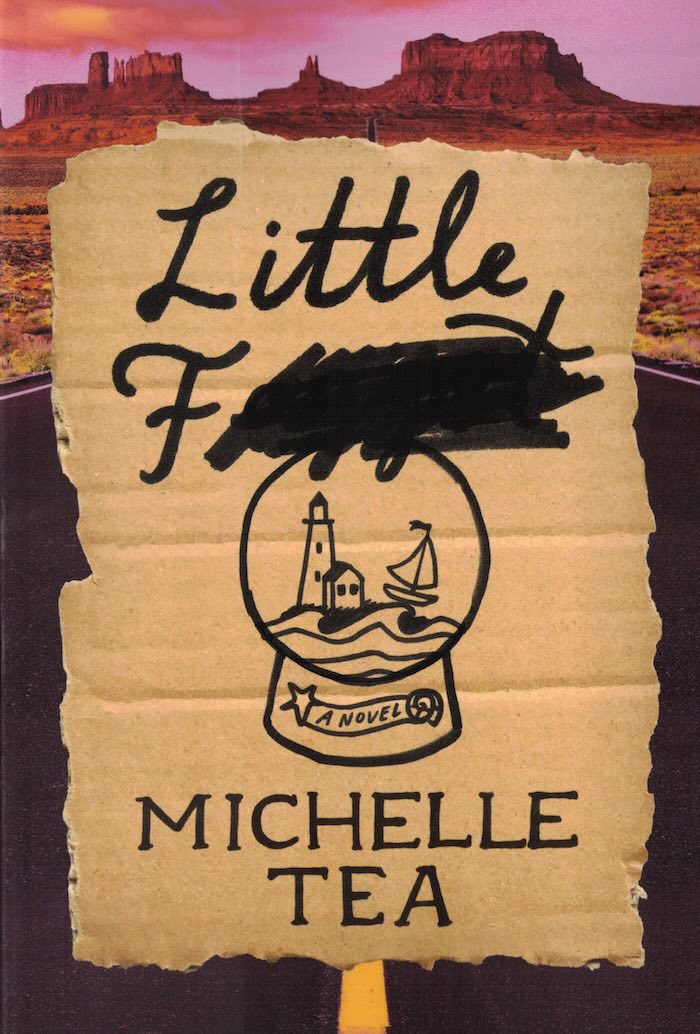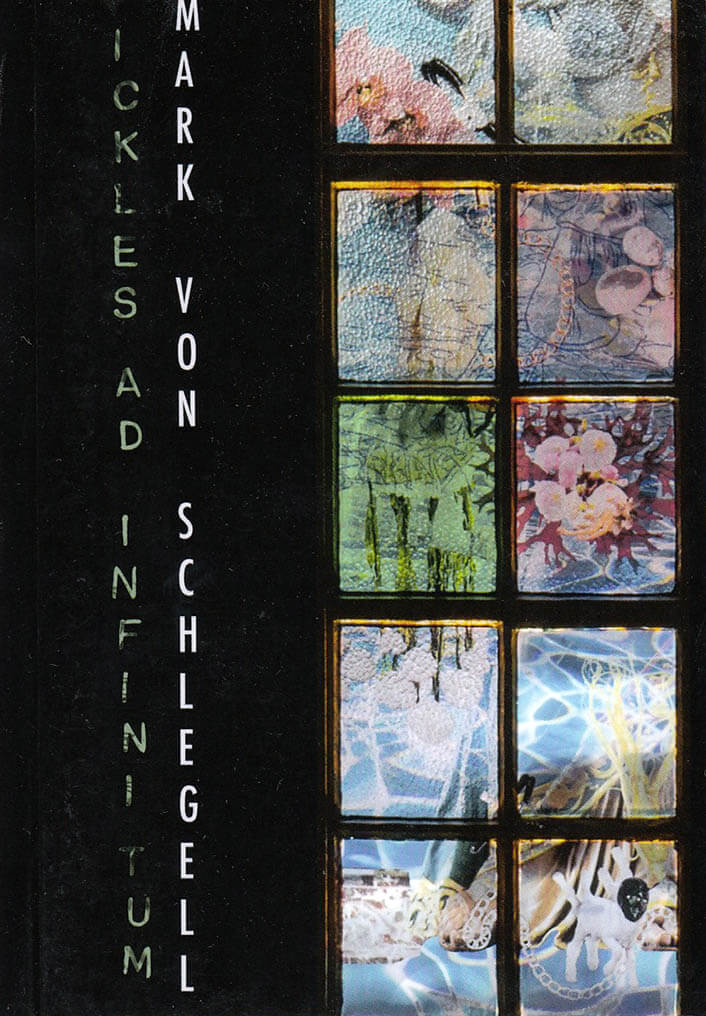Bringing together thirty authors variously invested in dance, performance and/or choreography; This Container is a zine for texts produced through and alongside dance, performance and choreography. Some write more than dance; others dance more than write. Some practice choreography explicitly; others implicitly. However varied the authors gathered here may be, the expansive field of performance produces all kinds of texts that deserve public recognition, a readership, and an infrastructure for feedback and editing. This issue is another attempt at making this possible.
With contributions by: Paula Almiron, Jani Anders Purhonen, Simon Asencio, Mélanie Blaison, Oda Brekke, Juan Pablo Cámara, Laura Cemin, Matt Cornell, Stina Ehn, Emma Fishwick, Lucija Grbic, Sara Gebran, Andreas Haglund, Hugo Hedberg, Alice Heyward, Madlen Hirtentreu, Eleanor Ivory Weber, Nikima Jagudajev, Sonjis Laine, Yoojin Lee, Denise Lim, Theo Livesey, Naya Moll, Caterina Mora, Rhiannon Newton, Zander Porter, Lena Schwingshandl and Stav Yeini.
Since its inception, This Container has hoped to contribute to a feminist lineage of textual production. What constitutes this lineage? This is a vast question. The beginning of an answer might start by saying something about genre. If , as Lauren Berlant writes, genre is an “aesthetic structure of affective expectation”, a “formalization of aesthetic or emotional conventionalities”, then genre crafts expectation by pointing to what is recognizable in form.1 If feminism is about wanting the world to be otherwise, the multiplication of genres inducing the multiplication of (imagined) stories helps to recraft expectation toward a less oppressive, less boring, and more just world. Feminist work includes genre work. Poetry, diary, diagram, notes, recipe, critique, the sound file, the epistolary, the essay, the art project: they have all found their way in, sculpting a diverse set of readerly structures of affective expectation. They are to shift your worldly expectations.
More info at http://www.thiscontainer.com








